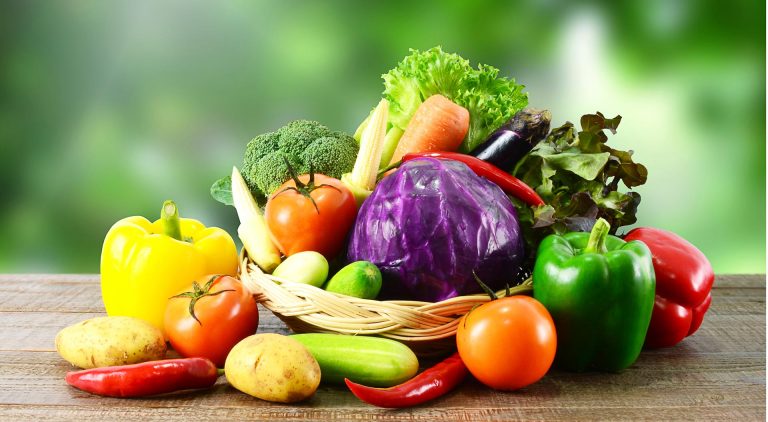Agri food co-operatives are trying to continue operating, and they have to adapt to a new environment.
As Covid-19 continues to impact countries all over the world, global food security is at risk.
The pandemic is affecting food supply and demand, posing challenges to small-scale farmers who face difficulties accessing markets to sell their products or buy essential inputs.
While the majority of agri food co-operatives are continuing to operate, they have to adapt to a new environment.
In Spain the Federation of Agricultural Co-operatives launched a call for farm workers. The federation estimates that between 80,000 and 100,000 workers will be needed.
The appeal follows a decree issued by the Spanish government on 7 April, through which tens of thousands of migrants or unemployed people who receive state benefits will be allowed to work in agriculture for a three-month period.
Agustín Herrero, general director of the federation, said: “Covid-19 is having such an impact because it is a circumstance we could not predict, and which has affected everyone to a larger or smaller extent.
“In the case of our sector, generally, co-ops continue to operate as normal as possible, but highly conditioned by the production sector and the marketing channel to which their products are destined.”
He explained that certain sectors are more affected than others due to the shutdown of the hotels, restaurants and catering sector, which was the main destination for wine and meats such as lamb and beef – especially the cuts that have the highest added value.
The plants and flowers sector ceased operating following the closure of florists, local markets and the cancellation of weddings and other parties, which bring a significant proportion of usual sales. The goat milk sector is also affected because there are currently no buyers for the manufacture of cheese.
“The situation is changing as the days go by, and other sectors may encounter new problems due to changes in the consumption habits of citizens,” said Mr Herrero, adding that the Spanish government is working to provide direct aid to sheep meat farmers, in addition to a comprehensive package of state-backed loans.
“We hope that the European Commission will implement intervention measures in the meat sectors, which will be the most affected by the closure of the Horeca [hospitality] sector,” he said.
Copa and Cogeca, the united voice of European farmers and their co-ops, also has serious concerns about the impact of the pandemic, and is calling on the European Commission to take urgent action to protect food security.
The organisation presented data from their members showing how the dairy, beef, sheep, goat, and fruit and veg sectors are being affected.
“At the same time, the sector is currently facing unprecedented circumstances caused by factors beyond agriculture,” said Pekka Pesonen, Copa and Cogeca secretary general, in a statement on 7 April.

